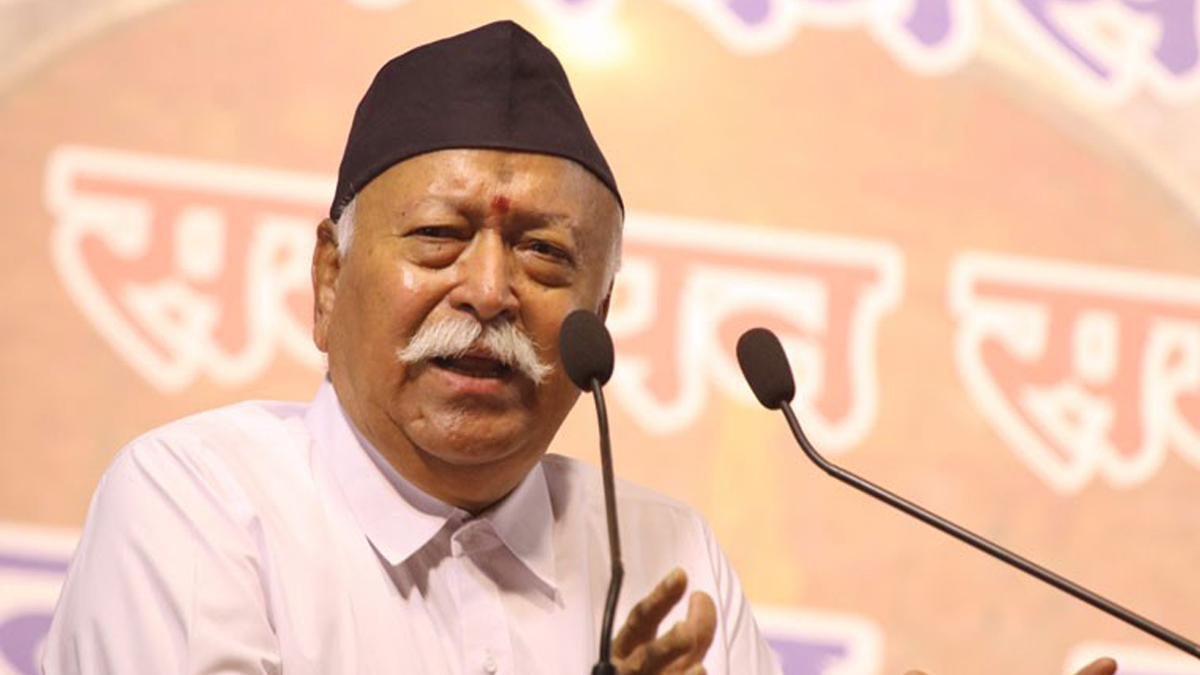RSS @ 100: Door-to-door campaign, 1 lakh Hindu sammelans, 100 training camps and more

As the Rashtriya Swayamsevak Sangh (RSS) gears up to mark its 100th year, a year-long nationwide celebration is set to begin on Vijay Dashami, which falls on October 2. As is customary, the RSS chief will deliver an address in Nagpur on that day, and this year’s centenary speech is expected to be closely watched for its message to society.
The centenary events will be held across the country at the Sangh’s shakhas (local branches), mandals (clusters of villages), and bastis (urban neighbourhoods). All swayamsevaks (volunteers) will participate in uniform, with prominent citizens invited as guests.
“The overarching goal is samaveshi and sarvasparshi — inclusive and far-reaching outreach — taking the message to every corner of the country and every section of society,” said Sunil Ambekar, Akhil Bharatiya Prachar Pramukh (All India publicity chief) of the RSS.
A major thrust of the centenary year will be a large-scale door-to-door contact campaign. In 2000, when the Sangh marked its 75th year, it reached over two lakh villages. With its footprint having expanded since then, the RSS aims for a renewed massive outreach to inform people about its activities and positions on key issues through literature and grassroots engagement.
Another major initiative will be the organisation of over one lakh Hindu Sammelans at the local level. These gatherings will address issues related to Hindu unity, social challenges, and enhancing harmony within society. They will also promote the RSS’s five key thematic goals — known as Panch Parivartan (Five Transformations): social harmony, sustainable lifestyles, civic responsibility, pride in cultural identity, and stronger family values.
Samajik Sadbhav Baithaks (social harmony meetings) are also being organised at tehsil and nagar levels. Already conducted at over 11,000 locations, these meetings bring together community leaders to deliberate on unity and the eradication of social evils. In addition, the RSS will host seminars across its 924 districts, focusing on themes such as Hindutva, nationalism, and the future of Hindu society, while also engaging with academic and civil institutions.
At a broader level, special dialogues with RSS chief Mohan Bhagwat are planned in Delhi, Mumbai, Kolkata, and Bengaluru. These events will bring together thinkers and leading public figures and are expected to follow a format similar to Bhagwat’s interactions with intellectuals at Vigyan Bhawan in Delhi in 2018.
Speaking to the media at the conclusion of three-day meeting of prant pracharaks (regional campaign organisers), Ambekar said several national issues were discussed, with state units presenting updates, including the situation in Manipur and the country’s border areas.
Commenting on the ongoing debate over the inclusion of the words “secular” and “socialist” in the Constitution’s Preamble, Ambekar said the point raised by RSS general secretary Dattatreya Hosabale was valid. “Every generation has the right to understand the truth, to debate it, and to know what happened during the Emergency,” he added.
Sharing details of training initiatives, Ambekar said the Sangh has conducted 100 training camps nationwide — 75 for swayamsevaks under 40 years of age, and 25 for those aged between 40 and 60. More than 21,800 volunteers took part in these camps, which also included training from the Seva Vibhag, the department responsible for relief efforts during disasters.
In the Sangh Shiksha Varg programmes, over 17,000 swayamsevaks participated in the first-level training, and more than 8,800 in the second-level, which was held in Nagpur.
India